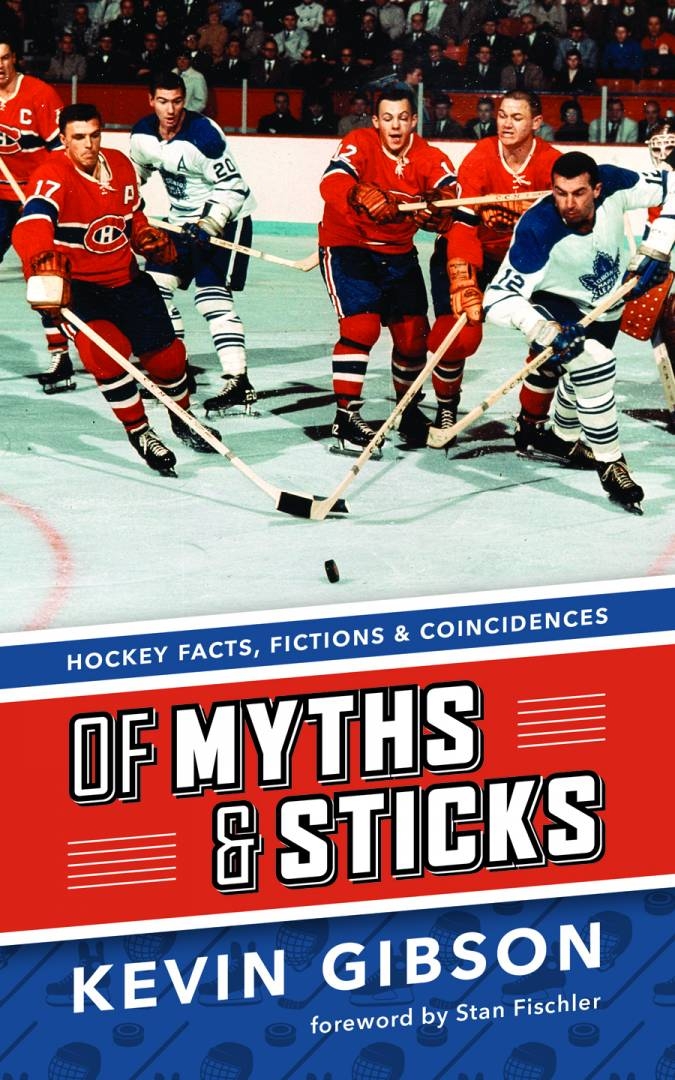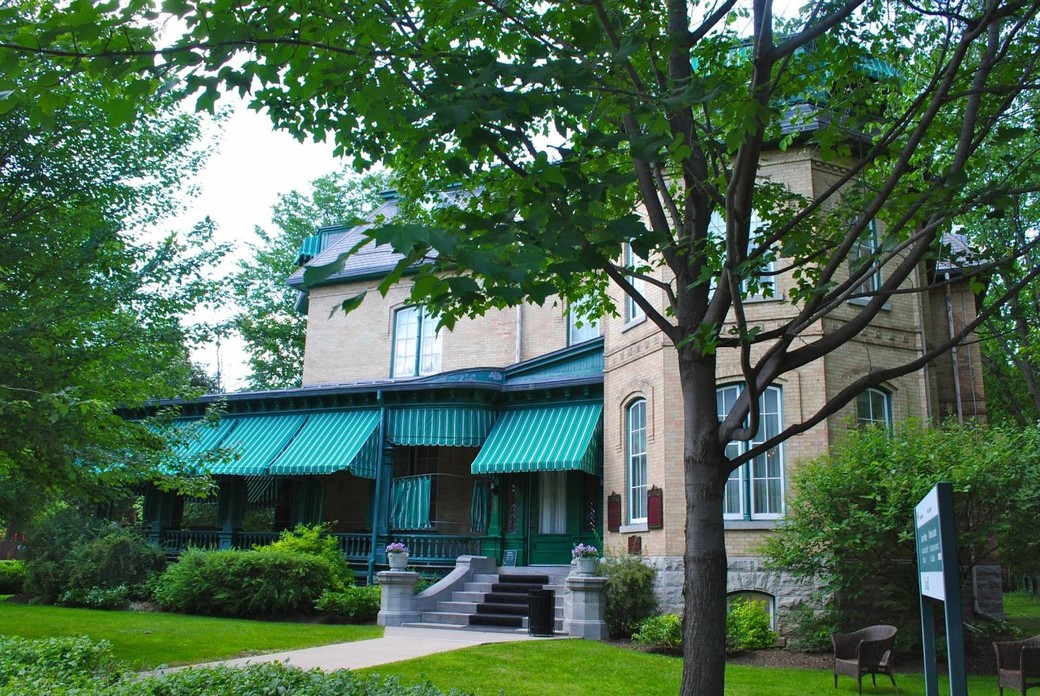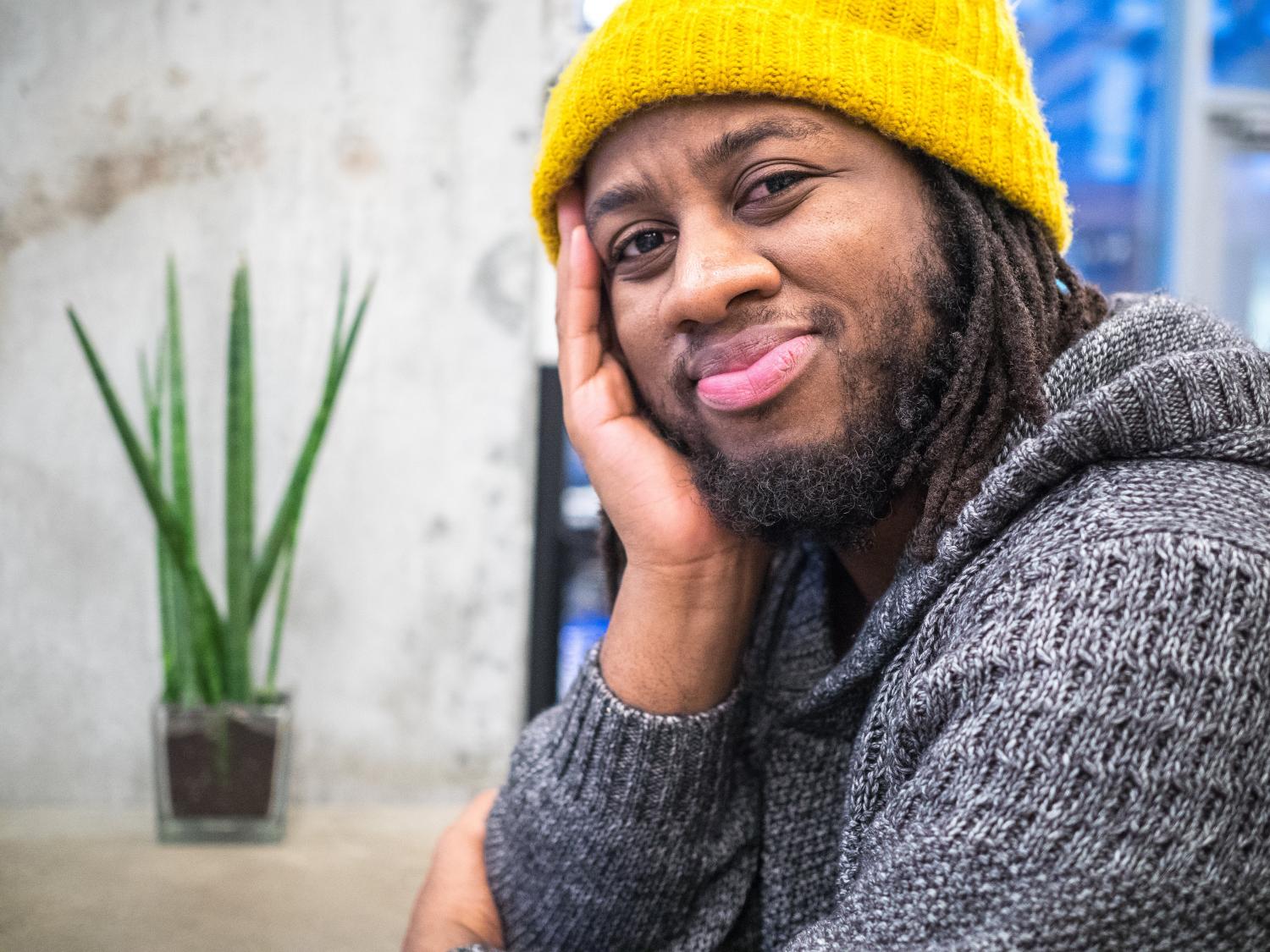
The power of poetry / Q&A with Spoken word poet Brandon Wint
Though he now calls Edmonton home, poet Brandon Wint says much of what shaped his art can be owed to what he calls being "a child of Ottawa's creative commuity." Here, he says, is where he truly began to know himself and see more clearly what he could offer the world around him. Now well known for his power spoken word pieces that embrace love, romance and kindness, this two-time national slam champion now returns to the Capital for Versefest, six days of poetry, where he will not only share his words but also a panal on the craft and social good of poetry on March 24.
On the heels of his second album, Infinite Mercies, we reminisce with Wint about his time here, his various creative paths and the power of poetry.
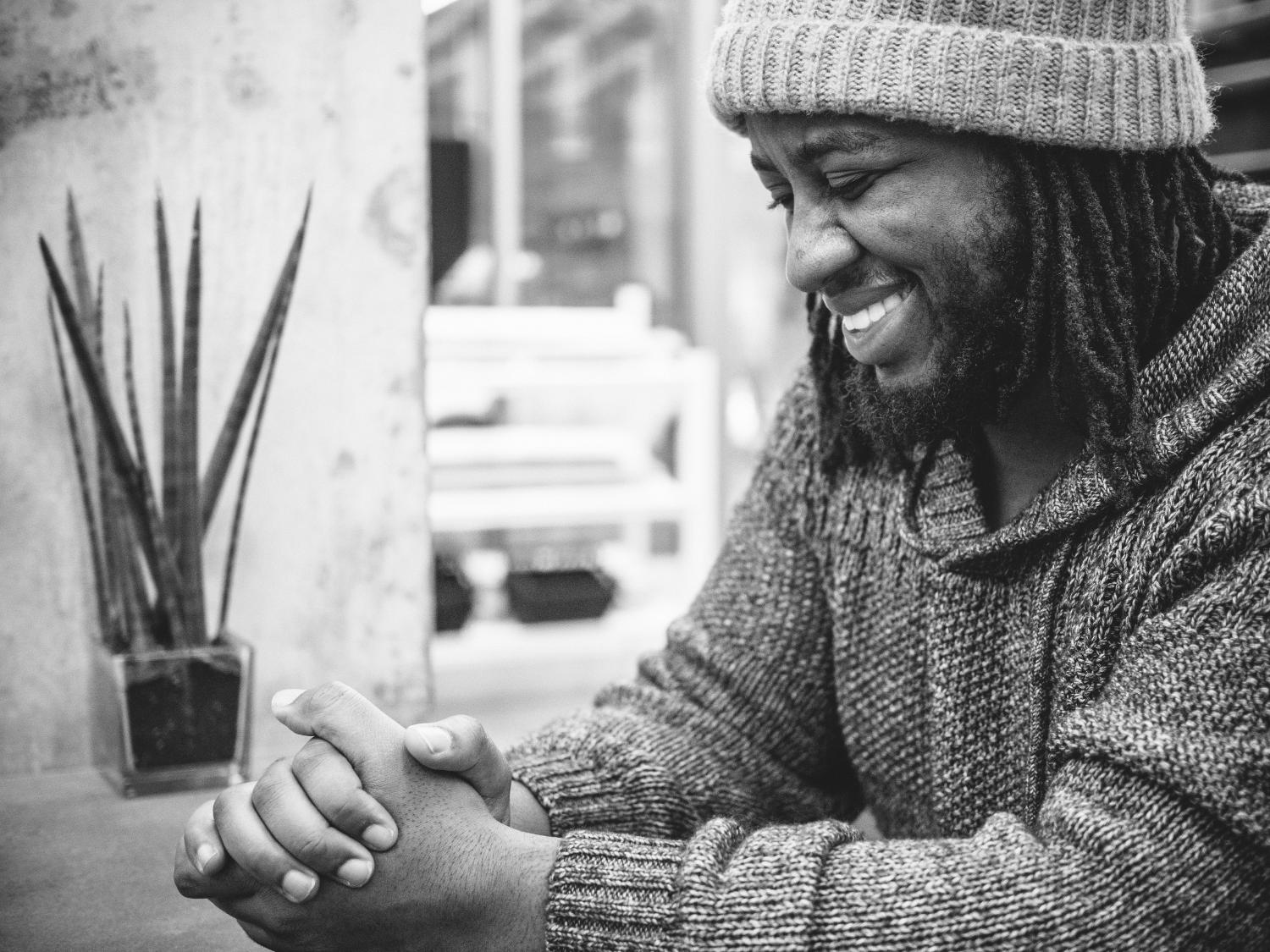
Ottawa Life: Can you tell me how you first became interested in spoken word?
Brandon Wint: My interest in performing spoken word poetry arose in 2008. I was in my second year of undergraduate studies (Honours English) at Carleton University. At the time, I was mostly bored, in the social sense. I had spent two years in Ottawa by that time, and my life was still devoid of a sense of real belonging or an Ottawa-specific community. I wanted to find a way to make challenge myself intellectually, and expand my social life outside of the campus environment. One day in the spring of 2008 I said to myself “this is the capital of Canada, there must be spoken word somewhere”. I asked around until I was made aware of Capital Slam, which was (at that time) a monthly poetry slam and open mic series at Mercury Lounge. I began attending those events regularly, and eventually made my way to the stage. The first time I slammed was in September 2008. I finished third. Before then, I knew of spoken word poetry mostly through Youtube. There are many videos from an HBO show called Def Poetry Jam still available for viewing on Youtube. By 2008, the show had been canceled, but those videos were invaluable to many young poets, such as myself, who were looking to understand how to tell our own stories in a way that was creative, salient, culturally authentic and full of passion. I was aware of spoken word in that sense. I understood it to be, in many ways, a cousin of hip-hop culture, and so I felt there was a place for me in it. This is why I sought it out. I had been writing poems for several years prior to ever performing in a spoken word context, but I sensed that spoken word could be a home for me, as a young Black male. I was correct in that intuition. Currently, my work reflects less of that early hip-hop influence, but I am grateful for hip-hop and spoken word, because the strength of each made it clear to me that Black, oral poetic tradition was alive–and had a place for me to explore myself within them.
What was that first time performing in public like for you?
Brandon Wint: The first time I performed poetry on stage was in March of 2008, on the campus of Carleton University. It was a big deal for me. As I said, I had been writing poetry in my own, mostly unacknowledged way, for several years. In my family, and in a few friendships I had in my teenage years, my aptitude for poetry was always encouraged and celebrated in small ways. So, stepping on stage for the first time felt like a pretty natural step. I was already aware of having certain gifts of language, of writing, and of speech, so to perform the poems on stage was just the next iteration or expression of the gifts I already knew I had. Still, it was a big deal because it was an act of exercising trust in myself, and of taking up space in a new way. I had very little history of public performance, so performing my poetry for the first time felt like acknowledging that new and bigger things were possible for me. I don’t remember being very nervous, but I do remember feeling the rush of accomplishment, the adrenaline that comes with stepping into one’s power in a new and exciting way.
How do you approach a poem when putting what inspires you down on paper?
Brandon Wint: My approach to my writing is to first, try to understand what I am honestly feeling and what my subconscious most wants to say. Once I have felt and assessed that, then I ask myself how it is I can broach the subject poetically, using language that is strange, imaginative, creative and full of imagery. If I can manage to have an honest feeling or thought, the poem begins there, in the depth of that feeling. Once I have felt deeply and honestly, then it's a matter of finding the language to render that feeling in a way that is enticing to my imagination, or creates vivid pictures. Poems, these days, are a meeting place for my honesty and my imaginative potential.
You once lived here in Ottawa. How do you find your time spent hear shaped you?
Brandon Wint: Ottawa shaped me in deep ways. When I arrived in Ottawa in 2006 in order to attend Carleton University, I was on the cusp of my 18th birthday, mostly frightened and uncertain about the direction my life was going to take. It was mostly through my engagement with poetry and the Ottawa arts community that I grew to know myself. Some of my best friends and greatest teachers are people other poets and artists I met in Ottawa in my early twenties. Ottawa is where I learned about my personal power, and my capacity to, as an artist, contribute to a vision of the world that welcomed more love, truth, rigour and justice. In so many ways, Ottawa taught me about the importance of community, as well as the pitfalls thereof. My nine years in Ottawa were, on the whole, years of intense learning and self-interrogation. One of the wonderful and under-rated things about being a spoken word artist is that it teaches you about a certain kind of accountability. As a performer, part of my responsibility is to take care of the audience who has chosen to listen to me. I have to write and say things that will contribute positively to their consciousness and their lives. I mean to say that writing and performing poetry is, for me, an unambiguous testing ground for my understandings of love, goodness and political consciousness. Therefore, because my career started in Ottawa, I can say that Ottawa taught me a lot about my capacity to love and my capacity to be good to people on and off stage. The role of the poet/artist is a powerful one, and my successes and failures in Ottawa taught me a lot about how to responsibly wield that power.
What are your memories of the city’s creative community here?
Brandon Wint: I have so, so many memories it is hard to answer this question in any concise way. What I can say is that I am grateful to have entered the Ottawa spoken word community at a time when there were a lot of young, powerful Black men finding their voices in the scene. There was a certain comfort, a certain strength and resilience I was able to cultivate because I was surrounded by people who were willing to affirm my presence in the scene, the importance of my stories, and the value of my perspective and intellect as a Black person. I can also say that the Ottawa creative community was quite open to the various way in which poetry and music could share stages, and enhance one another. For several years, I curated a series called The Artistic Showcase (it took place at Pressed, at 750 Gladstone). That series, which I was able to bring to the stage about 30 times between 2012 and 2017, was a testament to the diversity and vibrancy of the Ottawa arts community, particularly among people of colour. As well, it was a place where mutual respect between poets and musicians was often shared. Of the things I was able to accomplish in Ottawa, it is probably the thing I am most proud of. Many of my fondest memories come from either hosting or performing in The Artistic Showcase. Many of the people who I cherish in Ottawa today are people who I met through that series.
What themes do you try to embrace in your work and why are they important to you?
Brandon Wint: I used to say (and sometimes still do) that I believe Love is the highest truth of all. So, if I am endeavouring to be an honest poet and human being, my poems, even when they are not about love, must include love, or guide the reader/listener toward a deeper understanding of the possibilities for love within the human condition. As such, love has been become the most pervasive theme in my work. However, these days, I am also deeply interested in the role of imagination in poetry. I want to write poetry that uses imagination and non-linear imagery to make demands on the emotional intelligence of the reader/listener. I am interested in the language of dreams, and rendering more of my poetry in this language–whatever that may mean or reveal.
Can you tell me how the spoken word troupe The Recipe came together?
Brandon Wint: The Recipe came together as an outcome of the 2009 Canadian Festival of Spoken Word. Before The Recipe came together, we were the poets who represented Ottawa (Capital Slam) at the Canadian Festival of Spoken Word in 2009. We happened to win the national slam competition that year, and we decided to stick together and explore the strength and creativity we could cultivate outside of the competitive/slam context. The group performed regularly from 2009-2012.
With the group, what was your mandate been in exploring and sharing your art?
Brandon Wint: The Recipe hasn’t performed together in the last six years or so. When we did perform together, I think the goal of the group was just to push our own limits and explore the ways we could push spoken word artistry into new territory in as many ways as possible.
Your bio states that you are looking to “use poetry to bridge the gap between the known and the unknown”. Can you elaborate on that?
Brandon Wint: I think a poem, almost by necessity, is a space for a poet to test what they think they know about the world. I think there is, for each of us, a tension between the inner world we *know* inside of ourselves, and the world we see reflected outside of ourselves. I think this tension is what inspires poetry, in general. I think there is a discrepancy between the innate emotional/spiritual intelligence humans carry, and the world we live in, which consistently insults or degrades our capacity for emotional and spiritual virtue. In some way, I think poems try to bridge the gap between the innate virtues of the human spirit, and the world we’ve created for ourselves, which so often doesn’t do justice to those virtues. I think, very often, poets and poems are grappling with unrealized potential: the space between what we know is possible, and what we’re actual able to manifest. Poems are written to cope with this space, to bridge it in creative ways.
What has been most fulfilling for you in your career as an arts educator?
Brandon Wint: I am generally fascinated by people. I relish moments where I feel like I am understanding something true about the way another person views/feels/experiences the world. Often, in the writing and discussion of poetry, I will develop a sense of a writer’s particular point-of-view, the unique quality of seeing that only they possess. Discovering and understanding people’s perspective is my favourite thing about being an arts educator.
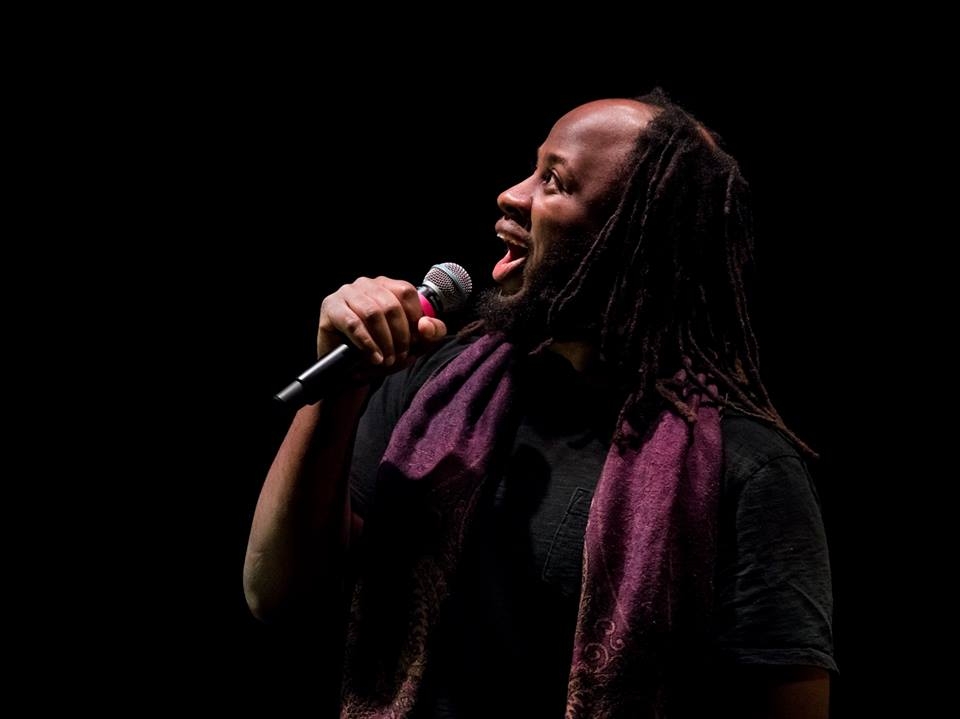
You work with youth. What is some advice you would give those looking to get involved in spoken word?
Brandon Wint: I think one of the most powerful things about spoken word communities is how easy they are to engage with. There are very few barriers to entry in spoken word communities, in my experience. Therefore, my first piece of advice is just to show up. Though, I think it is important for young spoken word artists to be as clear as they possibly can be about what they’d like to gain from their engagement with spoken word communities. I think it is very easy to become intoxicated by the power of being on stage, and being affirmed (to varying degrees) for telling your stories. Often, spoken word communities can be a whirlwind of affirmation, which, in some ways, is a good thing. However, I would caution young people to be very clear-sighted in defining for themselves the merits of their success. I think spoken word can be really, really powerful in helping young people understand the power of their voices, but I think Canadian spoken word cultures could do a better of helping young people responsibly and healthily wield the power of that voice. I wish for young spoken word artists to enjoy themselves, experiment with the form and potential of spoken word, but also be clear about the power they are wielding, and how power is moving around them. I want young people in spoken word to ask questions and demand things of their elders in the community.
What would you say is a verse in your own work that means the most to you and why that one?
Brandon Wint: I won’t say that any particular verse is the most important of the ones I’ve written. I will say that from my most recent album, Infinite Mercies, my favourite two poems are “I had a dream for us (VII)” and “Fire Dance” which is the last poem on the album.
How did you find working on an album of your poetry as opposed to, say, the book Love, Our Master?
Brandon Wint: The making and completion of an album, for me, involved several more people. The process of making my two albums (The Long Walk Home, Infinite Mercies) was a lot more collaborative, and a lot slower of a process. I think that is the reason why I really enjoy the potential of making albums. I love books as well, and I hope to publish more of them, but the idea of working with musicians to harness a sound is very enticing to me. As a performer and speaker, putting together an album is a richer experience for me because it allows me to bring orality, musicality, and improvisation into my creative process. Many of those elements are available in the process of publishing a book as well, but in a way that is less intuitive to me right now.
What is the most rewarding aspect of your spoken word career?
Brandon Wint: The most rewarding part of my spoken word career is the way spoken word gives me a beautiful avenue to meet people in a deep, authentic and heart-centred way. Spoken word has brought so, so much beauty into my life. One of the greatest powers of spoken word is how minimalist it is. In spoken word, there is nothing obscuring the performer from the audience. Spoken word makes way for wonderfully poignant, raw experiences because it’s built on a simple relationship between voice, body and language. It’s a relationship most of us understand intuitively and navigate every day as part of our daily lives. So, by mastering that relationship, I am able to articulate the things that mean the most to me in the world, I am able to expose people to the beauties of my intellect and my heart, and in so doing, invite people to befriend me, love me, or demonstrate political solidarity with me. I find that to be a deeply rewarding, life-affirming thing.
Can you tell me about what is being called your most honest work to date, Infinite Mercies?
Brandon Wint: I think Infinite Mercies is my most comprehensive work. It is an album that maps my personal and familial history in a specific and authentic way. It’s not that the album is explicitly concerned with first-generation Black Canadian experience, but in mapping and exploring the spectrum of choices that my family has made, I had to acknowledge the ingenuity, strength, resilience and outright magic that led to me being born at all. The first half of the album is very much concerned with reflecting on the immigration experiences of my parents and grandparents, and how those experiences and choices led to my birth. I am grateful for the resilience, faith and hard work that led to my family being able to carve out a life in this country. I owe every good thing in my life to the strength of my ancestors and living elders. I think the gratitude I feel is part of what motivates the album’s overall sensitivity, refinement and quality. I don’t believe, for the most part, that those like myself, who are fortunate enough to be Black artists on this land, have the luxury of making art that doesn’t somehow speak to the experience of being here. I think it is my responsibility to articulate as much of my humanity as possible, not as a means of convincing people of it, but because Black people here and all over the world have suffered a great deal. I suppose I am saying: I am a very privileged person, and my capacity to be an artist and a poet on a professional level is part of that privilege. So, with that privilege I want to leave as authentic and poignant a mark as possible, and that must include speaking to the realities of my Blackness, my history, my family and my desires for love in the world.
Finally, can you share your plans for the event you are curating for VerseFest and how people can get involved?
Brandon Wint: The Versefest event I am curating is called The Magic and Usefulness of Poetry: a panel on the craft and social good of poetry writing. The intention of the event is to gather a few well-respected poets (Natalie Wee, Jamaal Jackson Rogers, myself and Sneha Madhavan-Reese) to talk about the nuances and intentions that are part of their relationship to poetry-writing. Because I am a curious person, and because I believe a good question is often more valuable than a complete answer, I want to be able to ask poets about their disposition to poetry. I want to know how they are seeing, feeling and approaching poetry, and how all of these things inform their work. I believe that poetry is foremostly about cultivating a sensitive way of being in the world. I want to understand how each of these poets exist in the world, and how their existence is linked to words they write and speak. I am hoping that other poetry lovers will be intrigued by our conversation, and will perhaps learn some valuable things that will help them in their own poetic endeavours. The event will happen on Saturday, Feb. 24th at Knox Presbyterian Church ( 120 Lisgar St.) at 4:30 pm. Each poet will also perform/read their poems, in addition to participating in the panel discussion.

